Long Distance Pigeon Racing Takes Patience
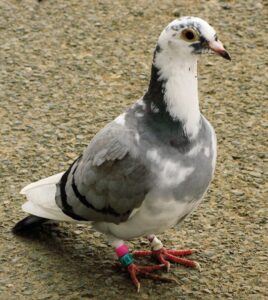 One of the basic principles of long distance racing is that you need a lot of patience. There are different long distance breeds that will only perform well as a yearling or at the age of two so it is essential that you allow your pigeons time to develop and to gain the necessary experience.
One of the basic principles of long distance racing is that you need a lot of patience. There are different long distance breeds that will only perform well as a yearling or at the age of two so it is essential that you allow your pigeons time to develop and to gain the necessary experience.
Some fanciers purchase long distance pigeons and they expect them to be successful at the long distance races as young birds. However, these races are more suited for the middle distance pigeons and for precocious pigeons. A true long distance pigeon will not be fast enough for these races. There is a chance that these young birds will have a successful flight and win a decent prize if the race is demanding but these are usually exceptions. Most of all an extreme long distance pigeon needs to gain experience. The most important thing for a young bird is to train it well and to get it accustomed to the basket. It should be enough to basket them a few times for two nights in a row. When they are one year old you can basket them for Limoges, Jarnac or Bordeaux and possibly Narbonne. These races should allow them to gain enough experience to become decent long distance racing pigeons in the future.
There are countless examples of extreme long distance stars that started to perform well only at the age of two. These birds are likely to achieve good results in the extreme long distance for several seasons. You should not expect your pigeons to win a top prize in their first long distance race either; they will only start to perform well when they get the chance of racing the more demanding flights. So you have to be very patient as a fancier and you should give your birds the chance to do about three long distance races as two year olds. Only then will you get an idea of the quality of your long distance pigeons. Then you can start to expand your pigeon breed with your strongest long distance racing pigeons.
If you are less patient with your pigeons you should still allow the cocks to develop while basketing your hens for the more demanding races. This has two advantages: you can discover a good breeding pair and after a while some of these hens will prove their value in the races; these birds are likely to become good breeding hens as well. You can basket these hens as yearlings for a few light long distance races, followed by Bordeaux and Narbonne. As two year olds they will be ready for Barcelona, Marseille and Perpignan.
Two racing methods
You can choose to race them to the nest; the best option is to basket them with a youngster of three to five days old. This is a proven method when it comes to basketing a pigeon for Barcelona. Another option is to race them on widowhood (total widowhood). This is very common in The Netherlands and it is often used for yearling hens. They can be trained every day from the loft. When they are trained in the evening you should release them as late as possible so that they get used to darkness. After that they will be released and basketed almost every week. The goal is to basket them for three middle distance races, a few light long distance races and Bordeaux and Narbonne to finish the season. The pigeons that survive this selection can take part in the extreme long distance season as two year olds, with Barcelona being the main goal.
Why should you send hens to Barcelona?
I think hens recover more quickly. You can also keep your cocks aside for other classic flights. Many fanciers are still hesitant to race Barcelona with their widowers (two to four cocks and hens for the rest of the team). Indeed, if the race is very demanding you risk losing your best pigeons so it might be better to basket your most valuable cocks for a one day long distance race. True specialists might not agree on this; they think you should go to Barcelona with your best pigeons. However, if your pigeon breed is still in full development you should try to avoid the risk of losing your most valuable pigeons as much as possible. Of course you can send your best cocks to Barcelona as soon as you have a lot of pigeons to choose from. If you have a solid pigeon breed you can take some risks.
The long distance is a passion; it is the most wonderful part of pigeon racing. Think about a fancier who is awaiting his best bird to arrive home after a long race; a pigeon that has been in the air for several hours, making a triumphant return to the loft. A cock that arrives home will be cooing when he is about to see his partner again; a hen will arrive with spread tail feathers, eager to check her nest. These are wonderful moments for many fanciers and after every race we are more impressed by the achievements of these pigeons. The first step is to contact the club. “Did our pigeon arrive early?” After that we often ask our friends if their pigeons are home yet. These are precious moments.
So once again, it is very important to be very patient when it comes to creating a long distance pigeon family. You have to breed and test a lot of birds and you have to give your birds the chance to prove themselves. You have to cross bloodlines and find reinforcements. When there is a new breeding cock in the loft you will need two to three years to find out about his breeding qualities. After that you have to cross your lines again and you have to inbreed this newly added bloodline. These are all very useful methods to test the quality of newly introduced pigeons. A fancier who has a lot of patience, who takes great care of his pigeons and who allows them time to develop will get rewarded sooner or later. Remember: pigeons with excellent long distance racers in their pedigrees will eventually pay off. The apple does not fall far from the tree.
Long Distance Pigeon Racing Takes Patience by Verheecke Marc – Degrave Martin

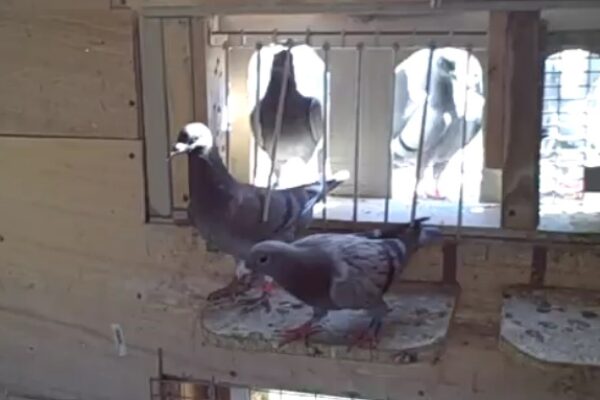
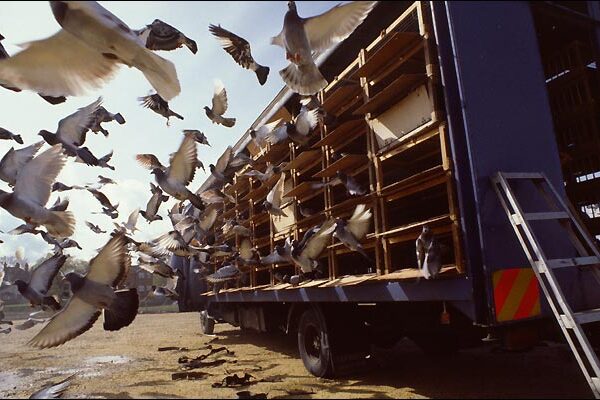
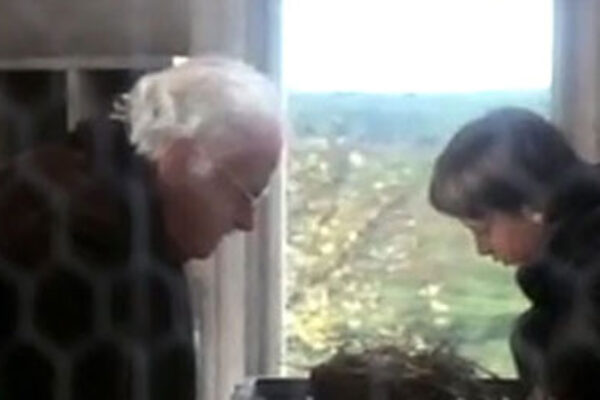
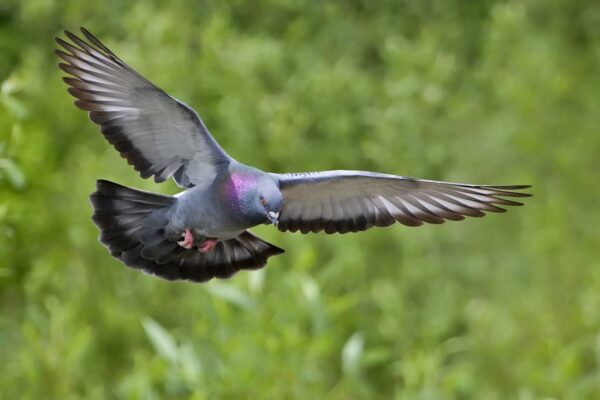
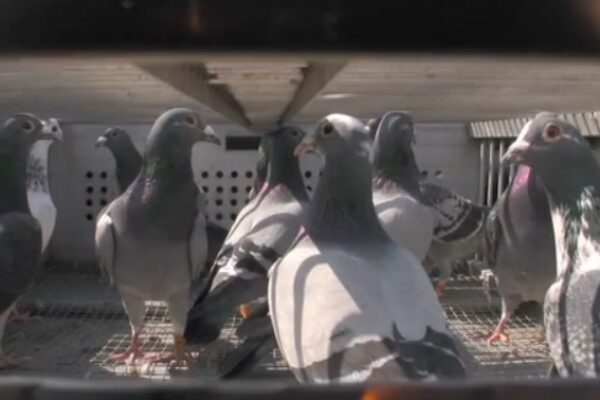
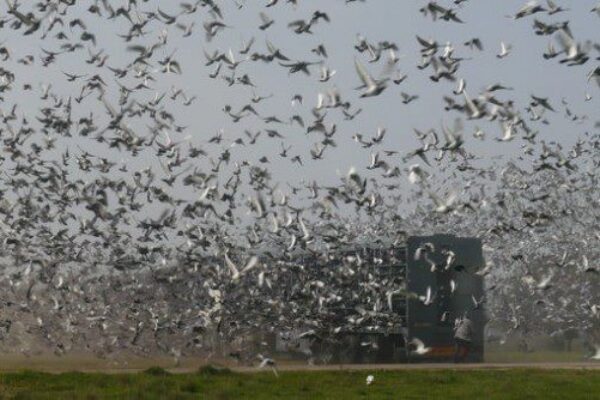
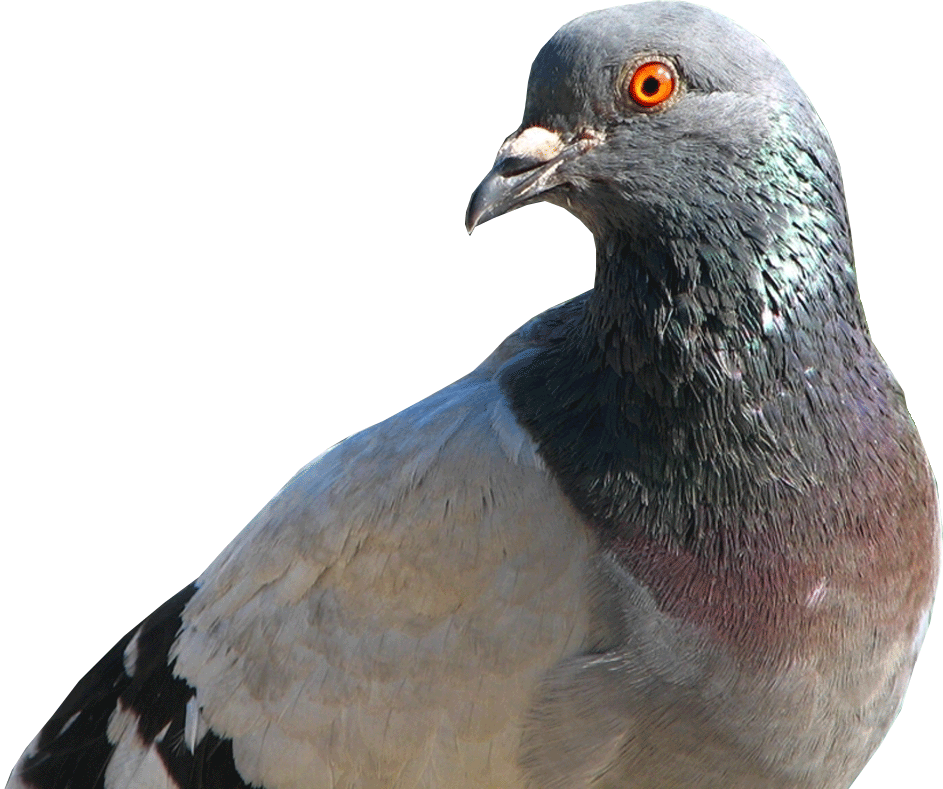

Good article I have fabry’s at 2 yrs old I’ll send them to 500 if it’d a good day, at 3yrs and up I’ll send them to 1000 miles if you could find a race to put them in. You tell how to race hens on 3 day old young, your best bet for cock birds is to have them on 10 or 12 day old babies. You say that on a good day you wont win with distance birds, I say with the proper motivation they can win at any distance. In 2011 I took 4th place over all in the Midwest Classic race with a Fabry cock bird on 10 day old babies, and it’s only 110 + miles.
Dave
Hi Chris this is a good article some birds can win as yearlings at the distance i would rather wait
until there two years old 350 to 400 is good for a yearling the problem is yearlings at 500 miles
and up on a real hard day are usually ruin by one race take your time your better off in the long
run.